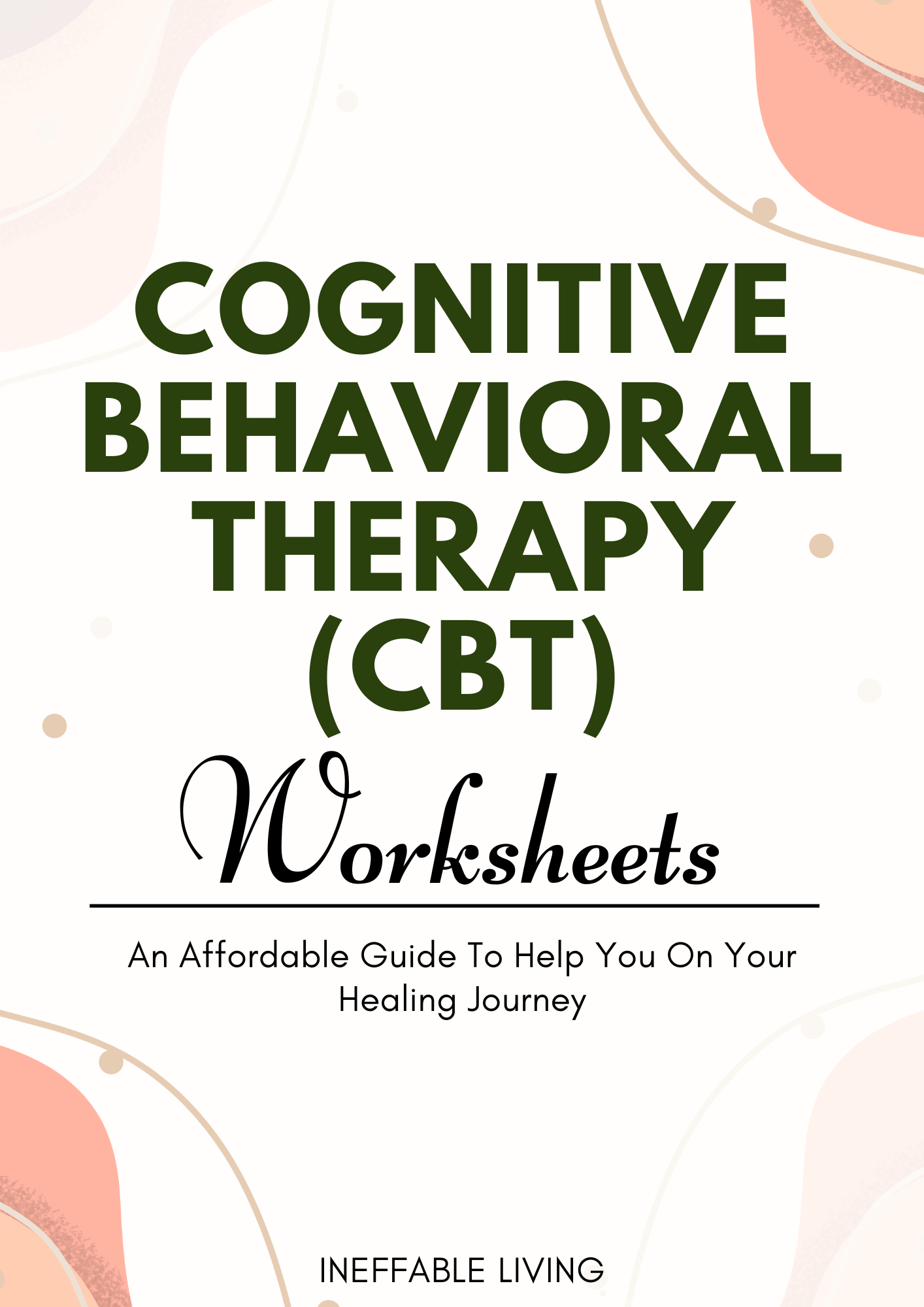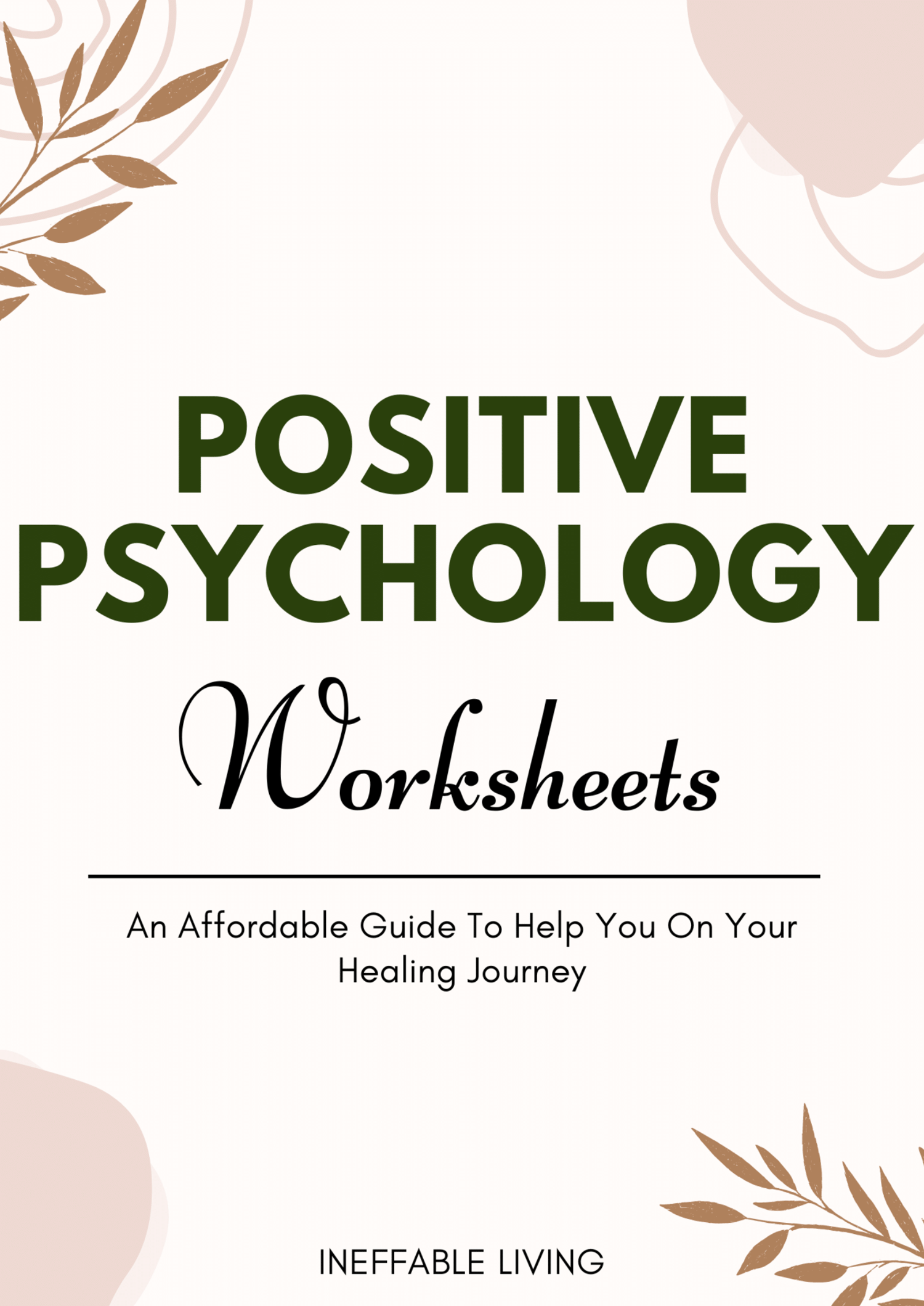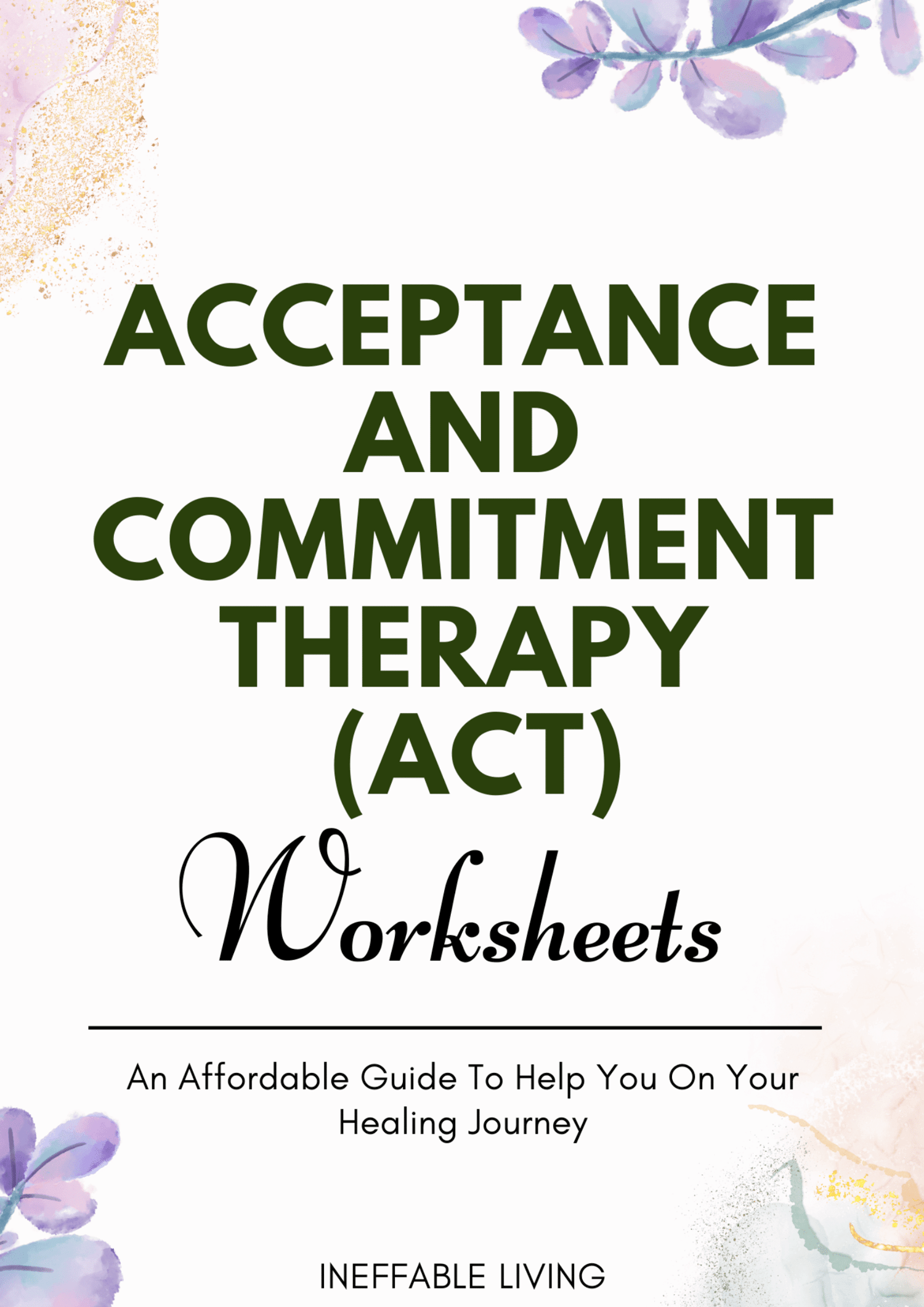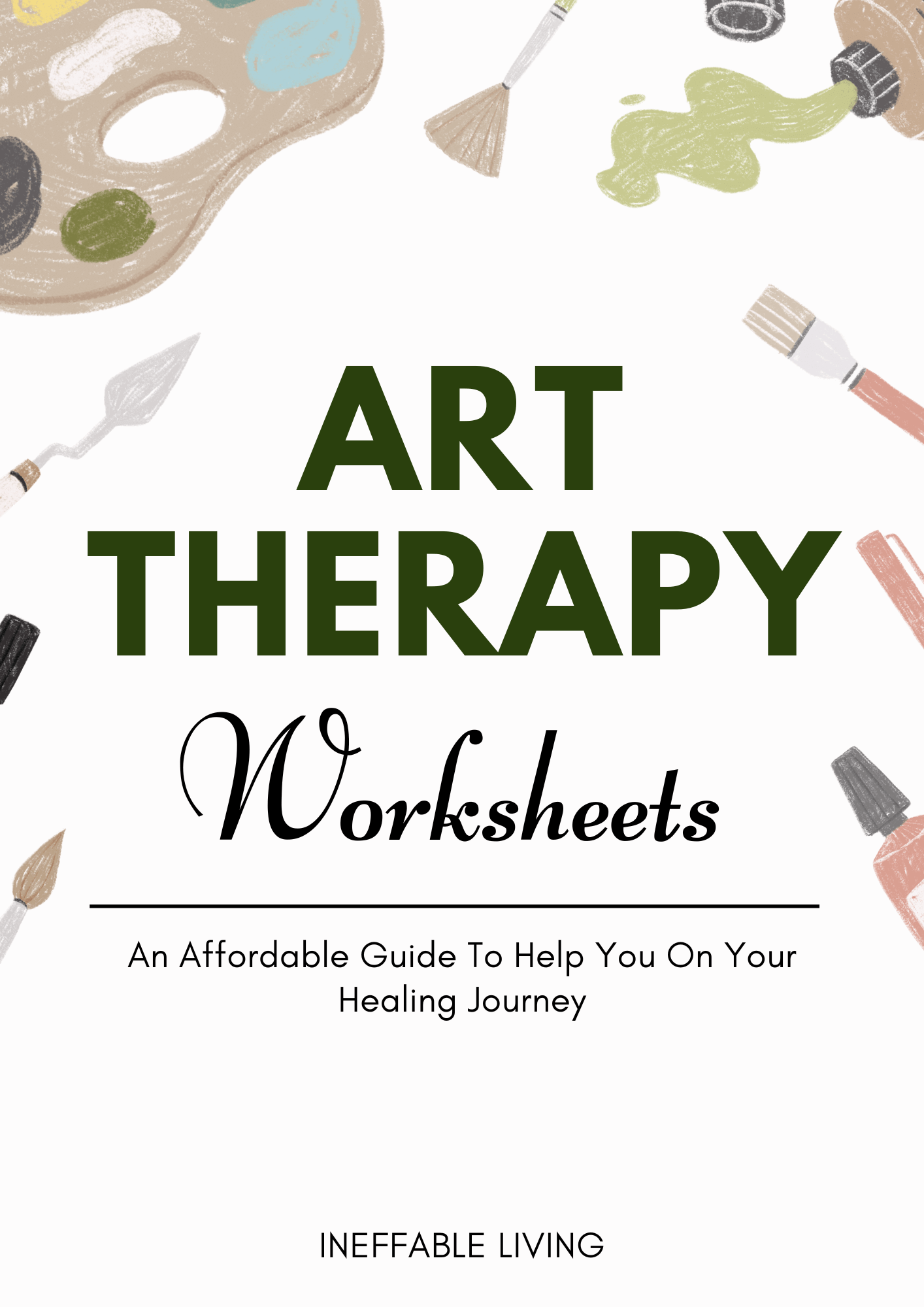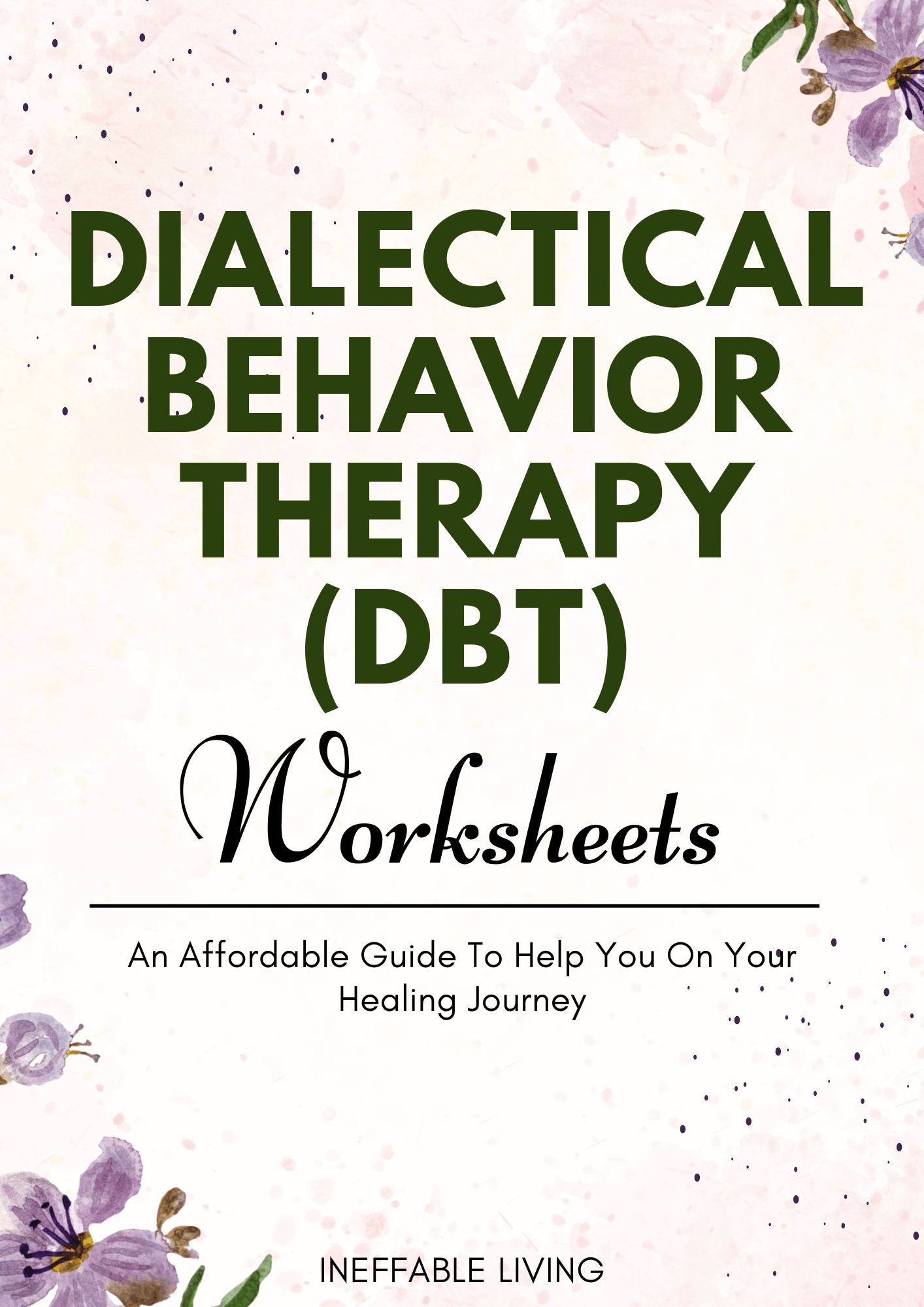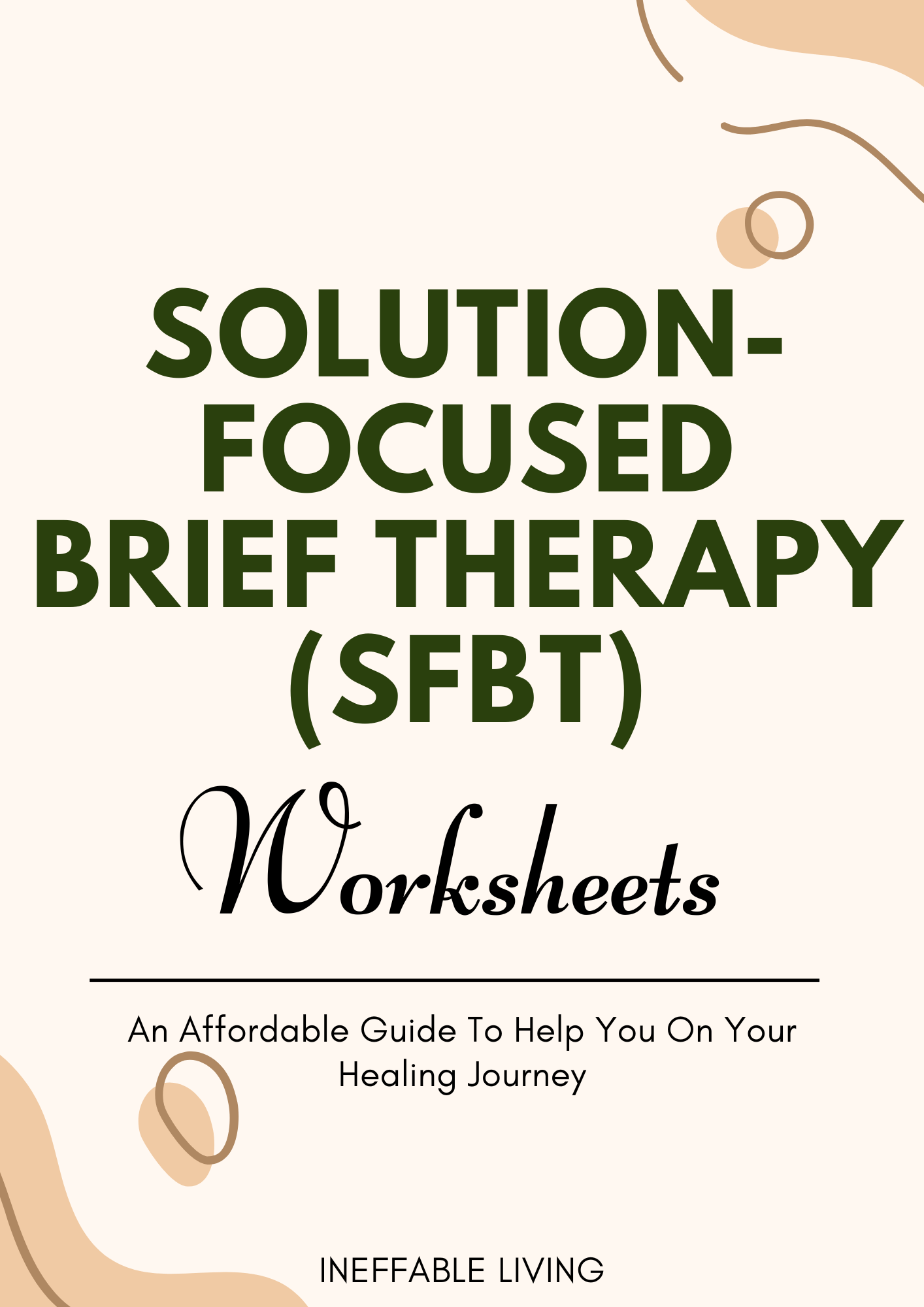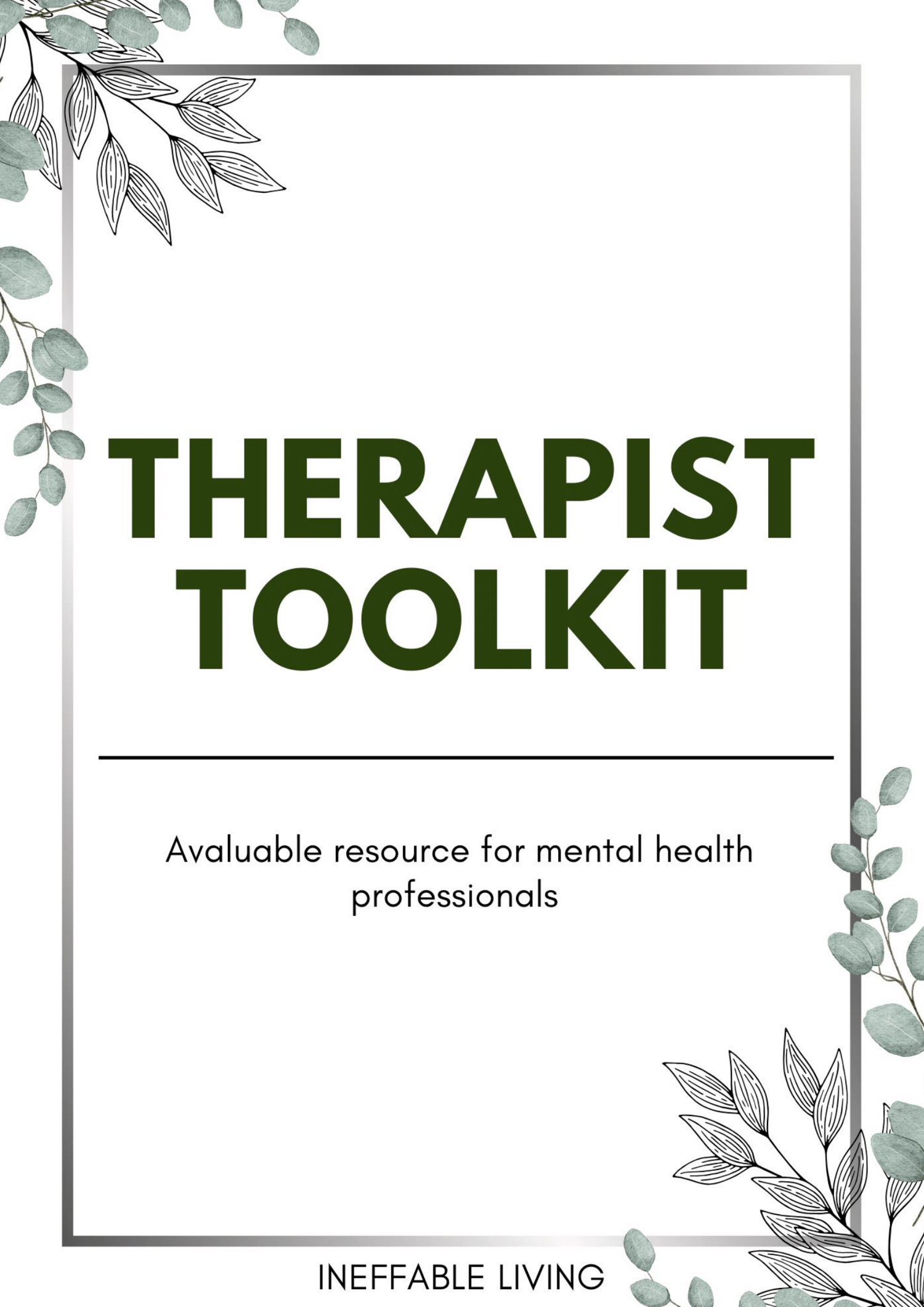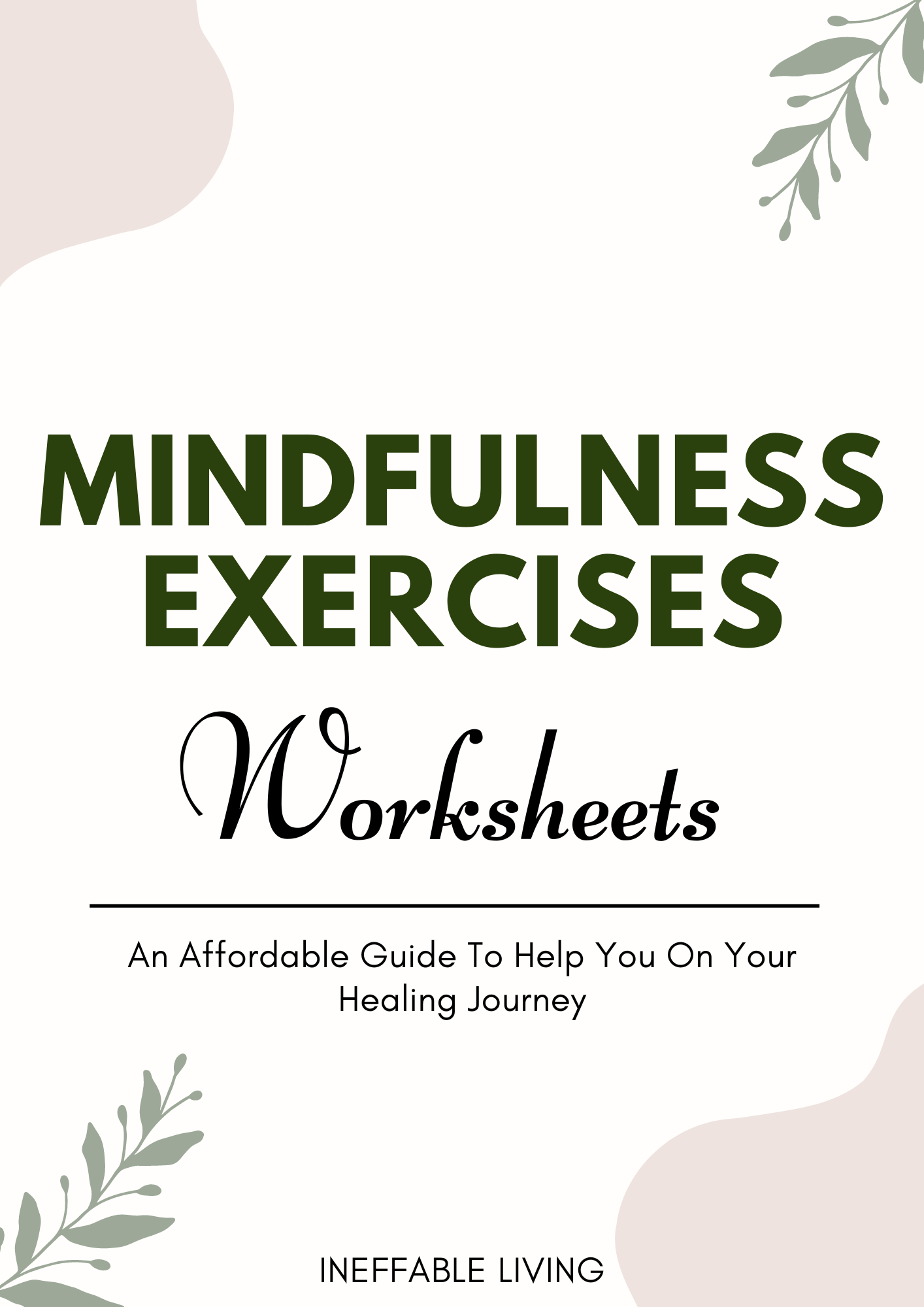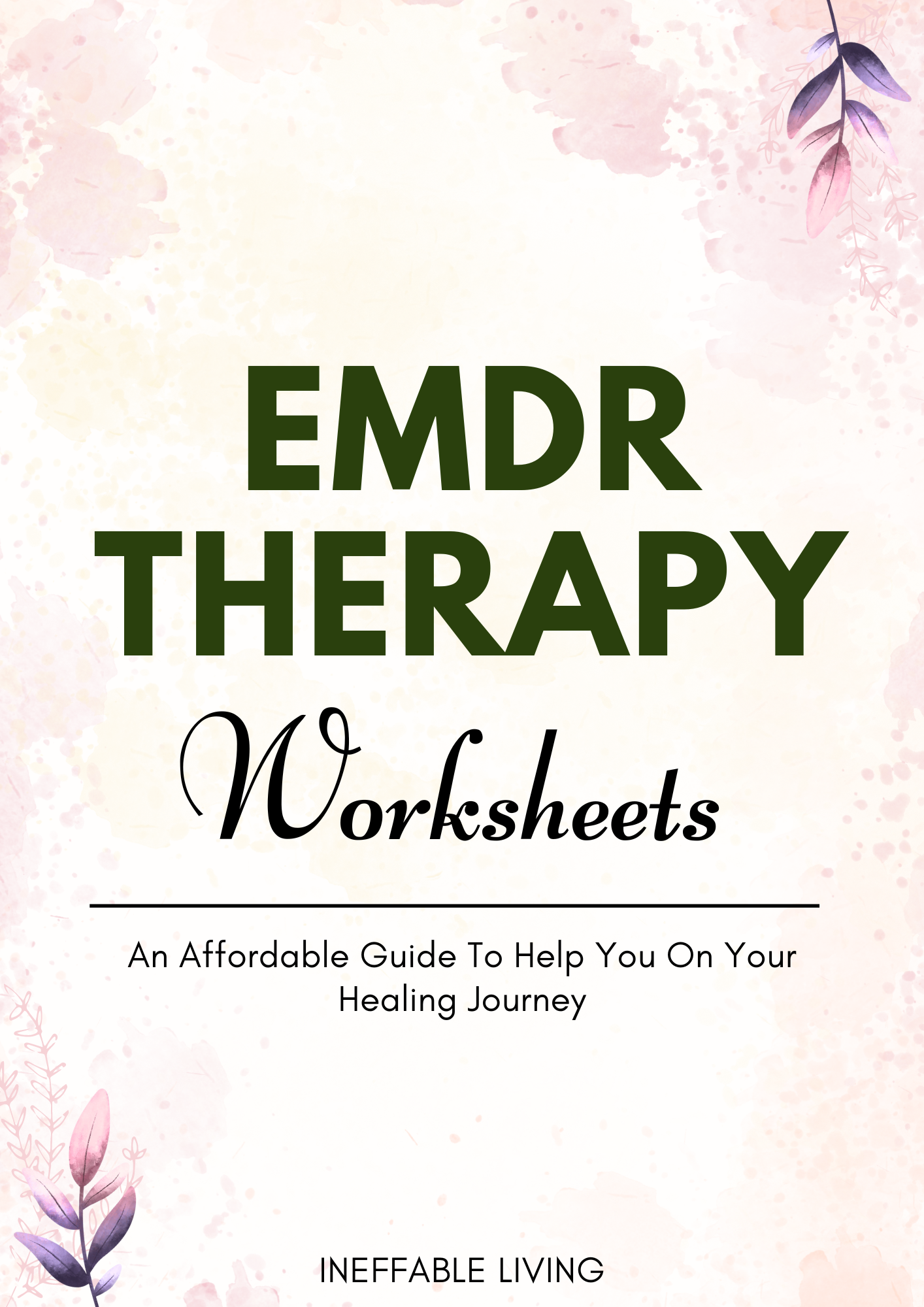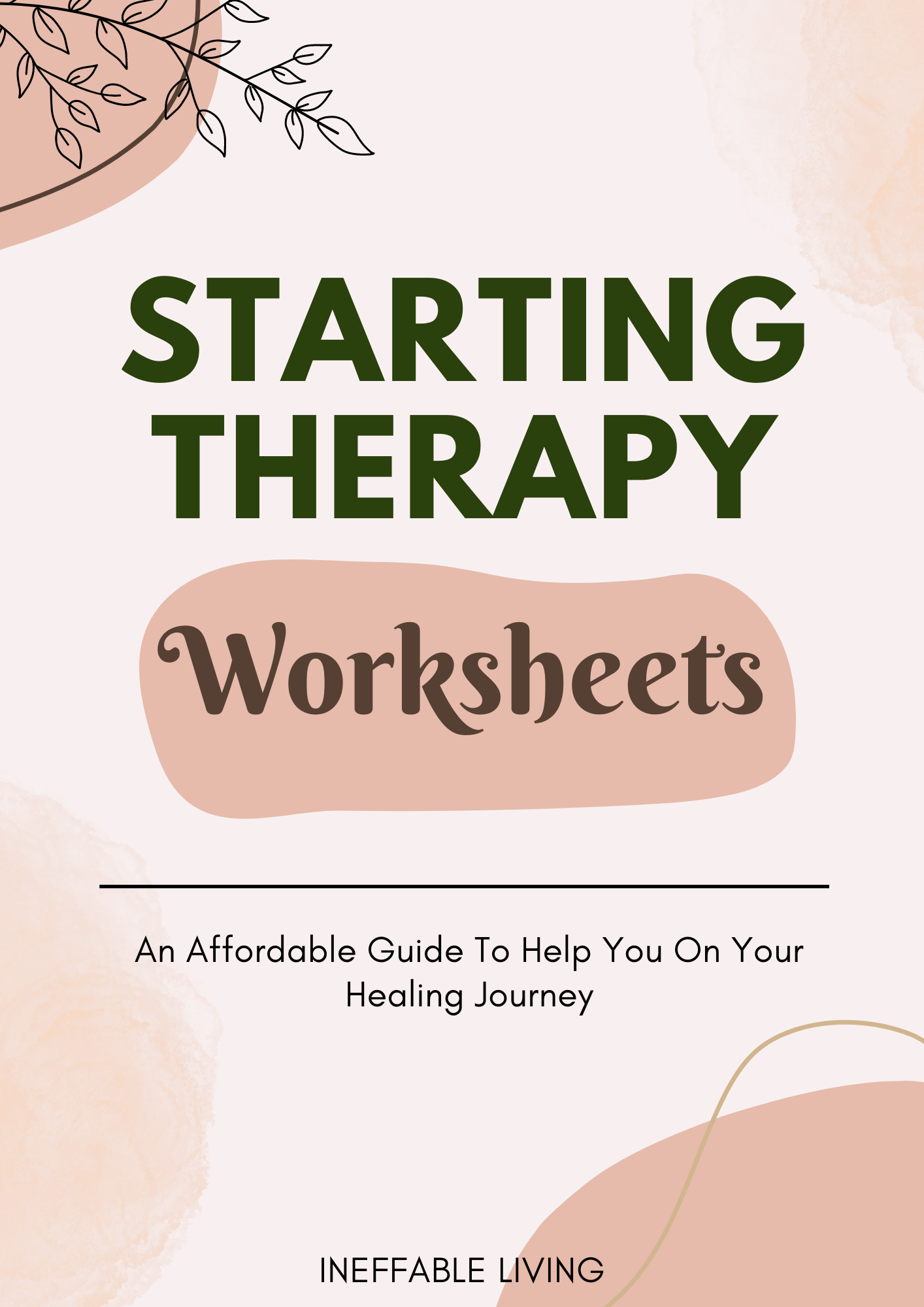As a therapist, coach, or mental health professional, you know that transformation happens not just in-session — but in the work clients do between sessions. That’s why having the right tools at your fingertips makes all the difference.
These clinician-designed mental health worksheets are practical, research-informed, and ready to use with clients immediately. Whether you’re supporting trauma survivors, guiding teens through anxiety, or helping adults with emotional regulation, these worksheets will streamline your work and deepen client insight — without adding to your workload.
- Why Worksheets Elevate the Therapy Experience
- 1. Cognitive Behavioral Therapy (CBT) Worksheets
- 2. Positive Psychology Worksheets
- 3. Acceptance and Commitment Therapy (ACT) Worksheets
- 4. Art Therapy Worksheets
- 5. Dialectical Behavior Therapy (DBT) Worksheets
- 6. Solution-Focused Brief Therapy (SFBT) Worksheets
- 7. Therapist Toolkit
- 8. Mindfulness Exercises Worksheets
- 9. EMDR Therapy Worksheets
- 10. Starting Therapy Worksheets
- Empower Your Practice — and Your Clients
Why Worksheets Elevate the Therapy Experience
Mental health worksheets are more than “homework.” They’re:
- A way to reinforce insights from sessions
- A structure to support between-session progress
- A tool for self-reflection and journaling
- A method for building skills over time
- A concrete record of emotional growth and behavioral change
Best of all, they empower clients to take ownership of their healing journey while giving you a reliable framework for psychoeducation and practice.
1. Cognitive Behavioral Therapy (CBT) Worksheets
Equip clients with thought-challenging tools, cognitive distortions mapping, and behavior-change exercises rooted in evidence-based CBT.
2. Positive Psychology Worksheets
Help clients cultivate strengths, gratitude, purpose, and optimism using uplifting, research-informed practices.
3. Acceptance and Commitment Therapy (ACT) Worksheets
Guide clients to identify their values, accept discomfort, and commit to aligned action — even through emotional pain.
4. Art Therapy Worksheets
Support non-verbal processing with creative, therapeutic prompts designed to enhance insight, self-expression, and healing.
5. Dialectical Behavior Therapy (DBT) Worksheets
Provide practical tools for distress tolerance, emotion regulation, interpersonal effectiveness, and mindfulness.
6. Solution-Focused Brief Therapy (SFBT) Worksheets
Encourage goal-oriented conversations with clients through future-focused, strength-based prompts that build clarity and momentum.
7. Therapist Toolkit
A flexible collection of ready-to-use worksheets for intake, emotional support, progress tracking, and session enhancement.
8. Mindfulness Exercises Worksheets
Center your clients with guided breathing, body scans, present-moment awareness, and grounding practices to calm the nervous system.
9. EMDR Therapy Worksheets
Offer structure for EMDR prep and processing phases, with trauma-informed prompts and space for tracking shifts and targets.
10. Starting Therapy Worksheets
Ease new clients into the process with introductory tools that build rapport, clarify goals, and reduce early-session anxiety.
Empower Your Practice — and Your Clients
With hundreds of pages of flexible, effective content, these worksheets make your work smoother and your sessions more impactful. Clients walk away with tools they can use — and therapists get to focus on what they do best: guiding transformation.

Read Testimonials –> HERE
FAQs
Can I use the worksheets with my therapy clients?
Absolutely! The worksheets are meant for both, personal and professional use.
The worksheets are copyrighted so you can’t resell them or upload them publicly online. But you can share them with your clients.
Can I make changes to the files before handing them down to my clients?
Absolutely! You can convert your PDF files to word documents and make changes using free tools like pdf2doc.com.
How do I know if these worksheets are right for me?
These worksheets are perfect for anyone who needs an affordable, yet effective strategies to help them increase their self-awareness and work on their own issues – alone or with their therapist.
These worksheets are not a one-size-fits-all approach and are in no way meant to imply that change is as one-dimensional as a worksheet.
So choose the techniques and suggestions that apply to you and tailor the exercises in ways that will be helpful to you.
Can I use these worksheets on my own or should I seek professional guidance?
These worksheets are designed to be helpful on their own. However, seeking professional guidance from a mental health professional can increase their effectiveness.
How do I use mental health worksheets effectively?
1. Set aside dedicated time: Find a quiet and comfortable space where you can focus on yourself without distractions. Treat this as valuable self-care time, just like you would for any other important appointment.
2. Choose the right worksheet: There are numerous worksheets available, each offering unique exercises and prompts. Consider your specific needs and goals. Are you looking to enhance self-awareness, manage stress, or improve your relationships? Select a worksheet that aligns with your current focus.
3. Read instructions carefully: Take a moment to fully understand the purpose and instructions of the worksheet. Clarify any questions you may have before proceeding.
4. Engage in self-reflection: Set pen to paper and let your thoughts flow. Don’t worry about perfection or judgment – this is your private space to express yourself authentically. Be honest with yourself and explore your emotions, thoughts, and experiences without restraint.
5. Reflect on your insights: After completing the worksheet, take some time to reflect on what you have learned about yourself. Consider any patterns or triggers that impact your mental well-being. Identify areas where you can implement positive changes or coping strategies.
6. Incorporate your insights into daily life: The true value of mental health worksheets lies in applying your newfound awareness and insights to your everyday life. Consider how you can integrate these insights into your relationships, self-care routines, and overall well-being.
When should I see a therapist?
These worksheets are designed to help you better understand yourself, your distress, and your difficulties.
You can use it in conjunction with therapy or as a stand-alone guide to manage your distress.
These worksheets can be considered a low-intensity intervention. They’re perfect for those who are struggling with mild to moderate issues.
In mental health, mild to moderate symptoms are those that are severe enough to be distressing to you, but moderate enough that you can still manage most of your daily activities.
If you feel very overwhelmed by any of the exercises in these worksheets, this might be a sign that your symptoms are too severe for you to do the work by yourself.
A therapist will help you at your own pace and provide support and encouragement throughout the process.
Do you have more questions? Check this page –> FAQs
